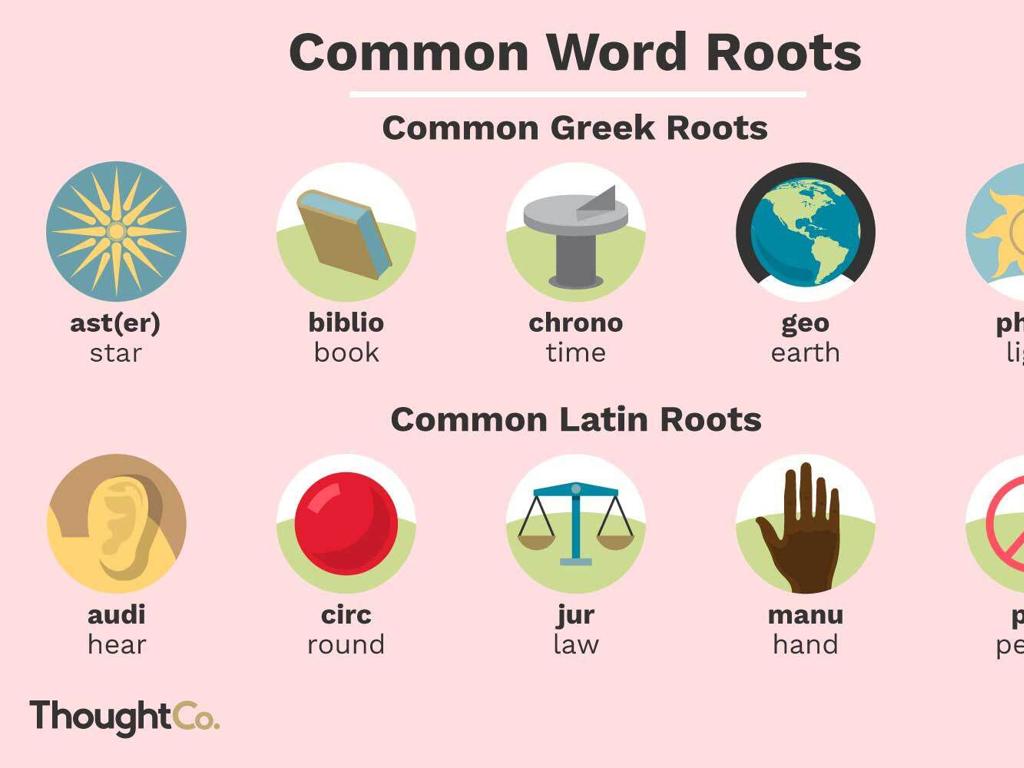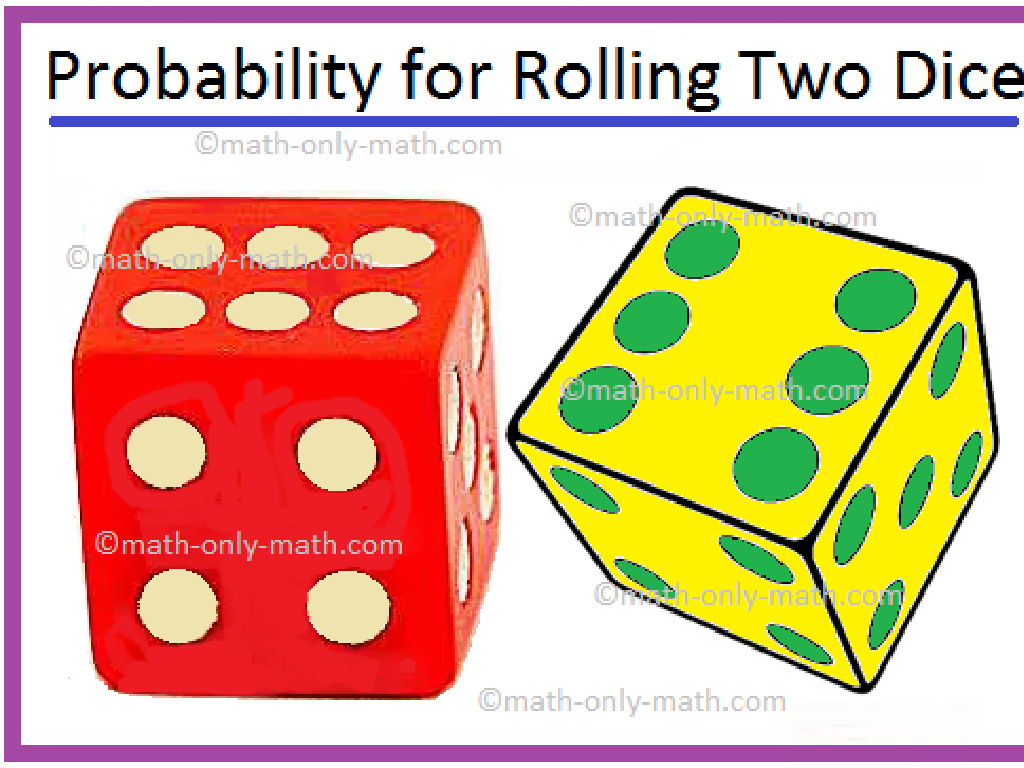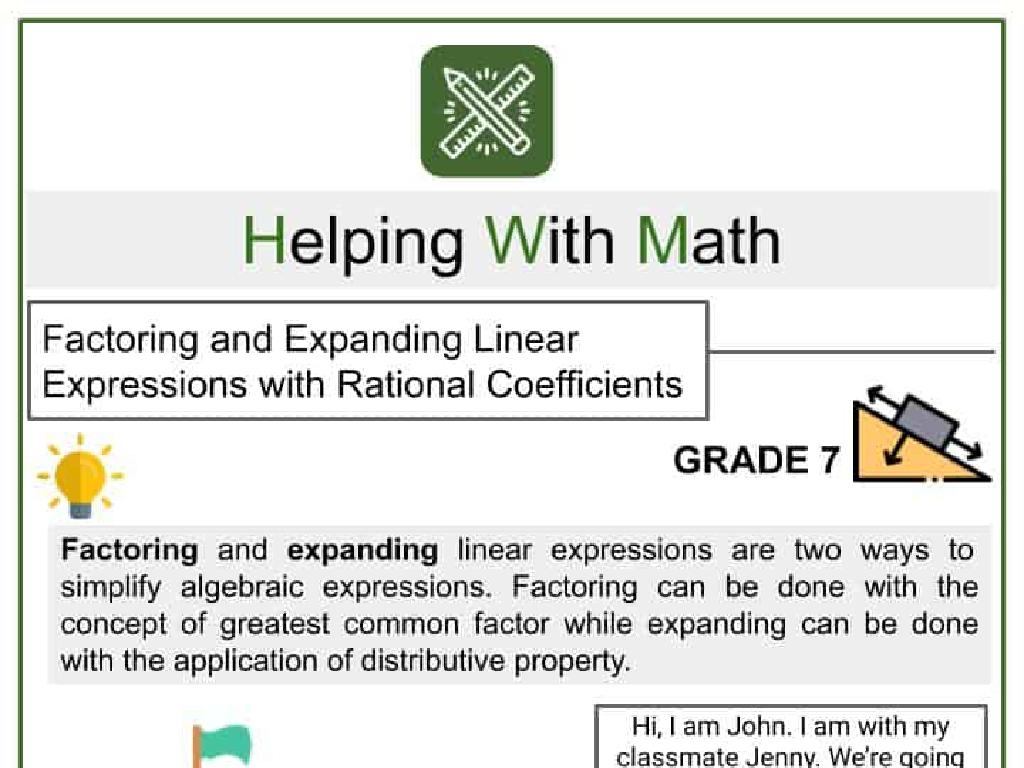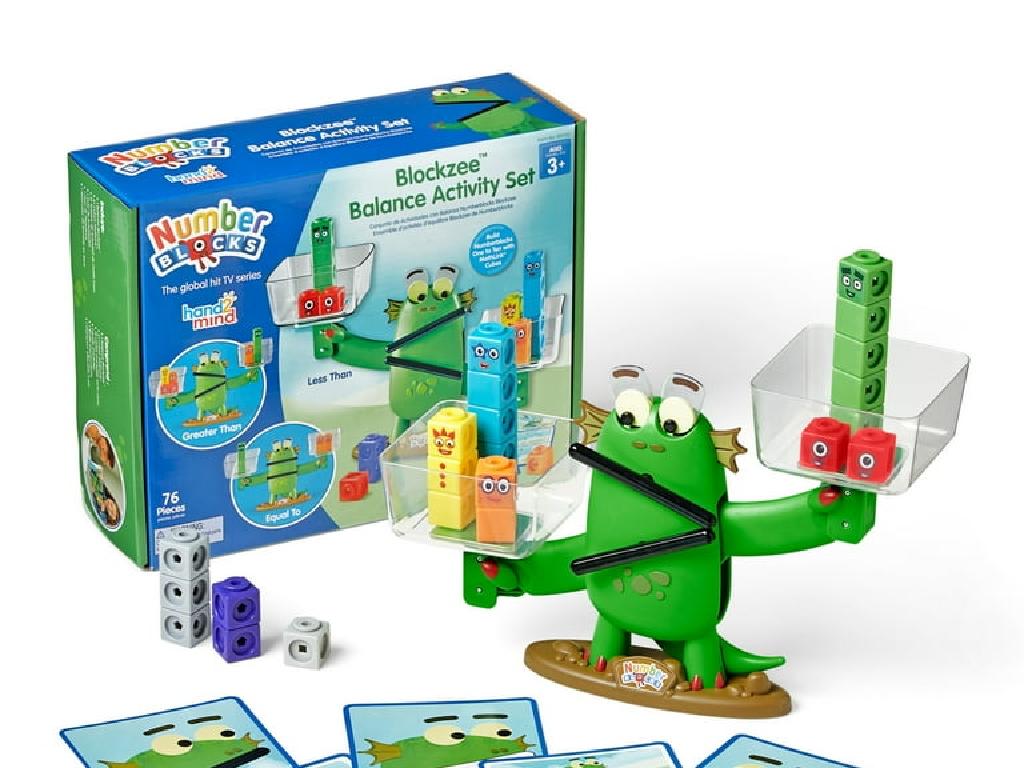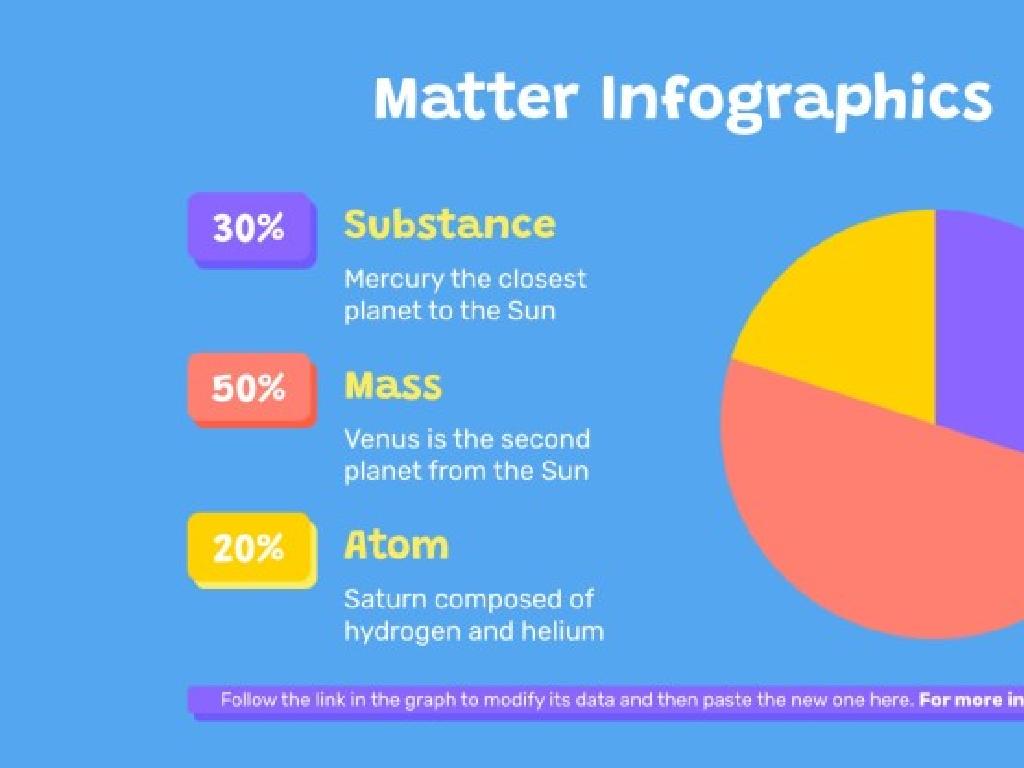Revise The Sentence Using A Stronger Verb
Subject: Language arts
Grade: Sixth grade
Topic: Writing Clearly And Concisely
Please LOG IN to download the presentation. Access is available to registered users only.
View More Content
Writing Clearly with Strong Verbs
– Power of precise words
– Words have strength; choose them for impact
– Clarity & conciseness in writing
– Clear writing is easily understood; conciseness avoids unnecessary words
– Strong verbs make sentences vivid
– Replace weak verbs like ‘went’ with ‘scurried’ to add energy
– Practice revising with strong verbs
|
This slide introduces the concept of using strong verbs to enhance writing clarity and conciseness. Emphasize the importance of word choice in writing and how it affects the reader’s understanding. Discuss why clear and concise writing is essential, especially in avoiding misunderstandings. Highlight how strong verbs can transform dull sentences into engaging ones. Provide examples of weak verbs and their stronger counterparts. Encourage students to think of verbs that paint a vivid picture in the reader’s mind. In the next class, students will practice revising sentences to replace weak verbs with stronger, more descriptive ones. Prepare a few sentences for them to work on and consider a peer review activity where they can share and discuss their revisions.
Using Strong Verbs in Sentences
– Verbs: Words of action or being
– Verbs tell us what the subject does or is
– Common verbs: run, talk, eat
– Examples: sprint instead of run, chatter instead of talk, devour instead of eat
– Strong verbs enhance imagery
– They help the reader visualize the action
– Revise sentences for vividness
|
This slide introduces the concept of verbs as the cornerstone of action in a sentence and emphasizes the importance of using strong verbs to create a more vivid and engaging picture in the reader’s mind. Start by explaining what verbs are and provide common examples. Then, illustrate how choosing stronger, more descriptive verbs can enhance writing. Encourage students to think of more powerful alternatives to common verbs and to practice revising sentences to improve their clarity and conciseness. In the next class, students can work on exercises where they replace weak verbs with stronger ones to see the difference in their writing.
Choosing Strong Verbs: Revise for Clarity
– Weak verbs create vague sentences
– Strong verbs clarify action
– Example: ‘went’ vs. ‘sprinted’
– ‘The cat went across the yard.’ becomes more vivid as ‘The cat sprinted across the yard.’
– Practice revising with strong verbs
– Find a sentence with a weak verb and replace it with a stronger, more descriptive verb.
|
This slide emphasizes the importance of using strong verbs to make writing clearer and more concise. Weak verbs often lead to longer, less clear sentences, while strong verbs help the reader visualize the action and understand the sentence quickly. The example provided shows how replacing a weak verb with a stronger one can make a sentence more vivid. Encourage students to look for verbs in their own writing that could be stronger and to think about how they can revise those sentences. In the next class, we’ll practice this skill by revising sentences together, and students will learn to identify and replace weak verbs with stronger, more descriptive choices.
Strengthen Your Writing: Choosing Strong Verbs
– Identify verbs that lack clarity
– Verbs like ‘look’ or ‘begin’ can often be vague
– Recognize common weak verbs
– ‘Go’, ‘do’, ‘have’, ‘get’, ‘make’ often don’t convey precise actions
– Question the verb’s specificity
– Consider if a more descriptive verb could take its place
– Replace with more vivid verbs
– Use ‘sprint’ instead of ‘go’, ‘create’ instead of ‘make’
|
This slide aims to teach students how to strengthen their writing by using more specific and vivid verbs. Start by explaining that weak verbs can make writing less engaging and clear. Provide examples of common weak verbs and discuss how they can be replaced with stronger, more descriptive choices. Encourage students to think critically about the verbs they use and to always ask themselves if there’s a more powerful verb that could enhance their sentence. Offer practice sentences for students to revise as a class activity, and provide a list of strong verbs as a reference to help them make their writing more dynamic and precise.
Practice: Strengthening Verbs
– Revise sentences for stronger verbs
– Identify and replace weak verbs
– Weak verbs often lack specificity or force. E.g., ‘go’ can be replaced with ‘sprint’
– Class participation in verb choice
– Students suggest alternatives to enhance sentences
– Examples to practice together
– Use sentences from familiar stories or student writing
|
This slide is designed to engage the class in an interactive activity focused on improving their writing by using stronger, more descriptive verbs. Start by explaining that strong verbs provide clearer, more vivid pictures in the reader’s mind and make sentences more engaging. Demonstrate with examples by taking a bland sentence and replacing the weak verb with a stronger, more specific one. Encourage students to participate by suggesting alternative verbs for given sentences, fostering a collaborative learning environment. Provide guidance and positive feedback to ensure a supportive atmosphere. This activity not only enhances vocabulary but also develops critical thinking as students consider the most appropriate verb for the context.
Your Turn: Power Up Your Verbs!
– Recognize sentences with weak verbs
– Rewrite using stronger, vivid verbs
– Instead of ‘walk’, try ‘stroll’, ‘march’, or ‘stride’
– Share your revised sentences
– Discuss the impact of changes
– How did the new verb change the sentence?
|
This slide initiates a class activity focused on enhancing students’ writing by using stronger verbs. Start by explaining that strong verbs make sentences more vivid and precise. Provide examples of weak verbs and their stronger counterparts. Encourage students to be creative and think about the action in the sentence to find the most fitting strong verb. After students rewrite their sentences, create a collaborative environment where they can share and discuss their revisions, highlighting the difference in clarity and engagement that strong verbs provide. This exercise will help them understand the importance of word choice in writing.
Class Activity: Verb Hunt
– Pair up and pick a favorite book
– Hunt for weak verbs in the text
– Verbs like ‘went’, ‘got’, ‘said’ can often be stronger
– Collaborate to strengthen the verbs
– Discuss with your partner to find more vivid verbs
– Present before and after sentences
|
This interactive activity is designed to enhance students’ understanding of verb usage and the importance of choosing strong, descriptive verbs to make writing more engaging. Students will work in pairs to identify weak verbs in a book they enjoy and then collaborate to replace those with stronger, more expressive verbs. After revising the sentences, each pair will present their original and revised sentences to the class, allowing students to see the transformation in the text. Teachers should provide examples of weak versus strong verbs and guide students on how to identify them. Possible activities for different pairs could include focusing on verbs that convey different emotions, actions, or levels of intensity to cater to varied interests and reading levels.
Conclusion & Homework: Power Up Your Writing!
– Recap on strong verbs
– Write a short story for homework
– Create a narrative with a clear beginning, middle, and end
– Focus on using strong verbs
– Replace weak verbs with more vivid and precise ones
– Strong verbs enhance your writing
|
As we conclude today’s lesson, remember that using strong, vivid verbs is key to making your writing stand out. For homework, students are tasked with writing a short story where they should consciously apply this concept. Encourage them to think about the action in their story and choose verbs that paint a clear picture for the reader. Remind them that strong verbs can transform their writing from good to great by making it more engaging and effective. In the next class, we’ll share some of these stories and discuss how the choice of verbs affected their narratives.

